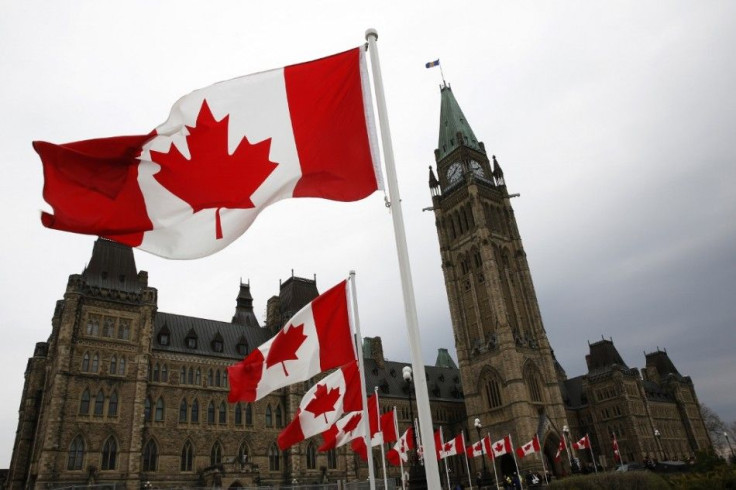Canada Honoured: Gets 7th Rank In Open Government Index From A List Of 100 Countries

Canada is honoured with a seventh rank in a list of more than 100 countries in the Open governance Index that looks at higher citizen participation in governance. The inaugural World Justice Project Open Government Index has been prepared on the basis of openness in governments’ with an effort to trace linkages between the GDP per capita and civic participation.
The index has Sweden and other Nordic countries at the top with WJP surmising that an improving economy and better resources in the developing world is not showing much openness, reports The Telegraph.
Sweden Tops List
Out of the 102 countries assessed in the 2015 Index, Sweden topped the list, in terms of openness followed by New Zealand and Norway. The other countries in the top 10 list are: Denmark, Netherlands, Finland, Canada, United Kingdom, Australia and South Korea. At the lower rung of the index, there is Cambodia, Iran, Myanmar, Uzbekistan and Zimbabwe.
The WJP is an independent organisation that promotes the rule of law. In its observations, WJP noted that people with low incomes are less likely to make an official complaint and women are less aware of their right to access government-held information.
In general, high-income countries attained higher WJP Open Government Index as seen in the 2015 scores, compared to developing countries. But no firm relationship could b established between GDP per capita and open government as that linkage seems to be defying in the developing world. It said, the “level of government openness is not necessarily driven by economic resources."
Four Parameters
The WJP’s index was prepared after assessing countries on four categories: publicised laws and government data, right to information, civic participation, and complaint mechanisms. The scores and rankings were produced from more than 100,000 household surveys under a "subset of in-country expert questionnaires that collected for the WJP Rule of Law Index.”
Access To Information
Meanwhile, the Information Commissioner of Canada, in a report said, access to information rights in Canada is steadily declining. On March 31, the Commissioner tabled a special report in Parliament, which proposed in-depth reform of the Access to Information Act. The Commissioner noted “although the Act was intended to shine a light on government decisions, it has become a shield against transparency and has encouraged a culture of delay.”
The report gave 85 recommendations to create a “culture of openness” with emphasis on transparency and steady access to information. Some of the key points in the report included measures to extend the Act’s coverage to all branches of government, set tighter timelines for processing requests and maximise disclosure to create a government culture that is “open by default.”
(For feedback/comments, contact the writer at kalyanaussie@gmail.com)






